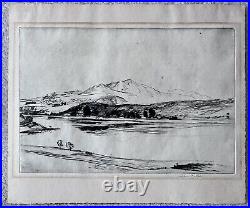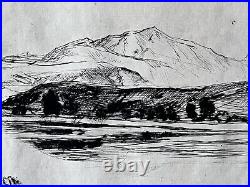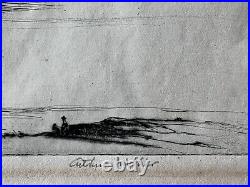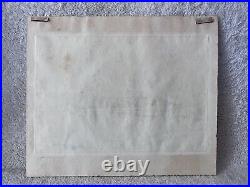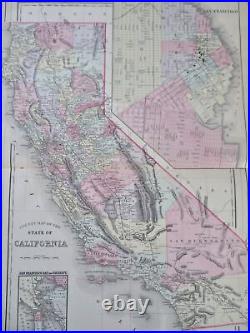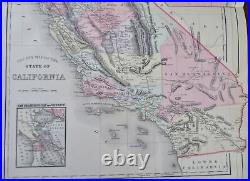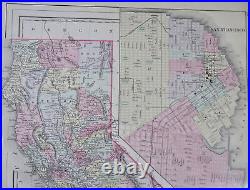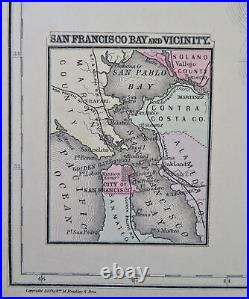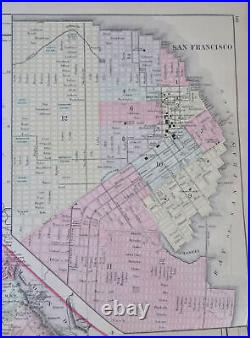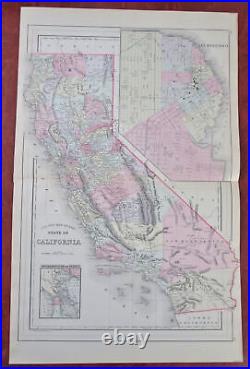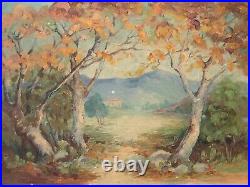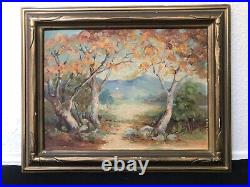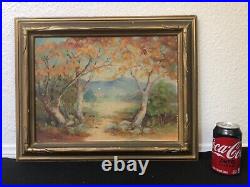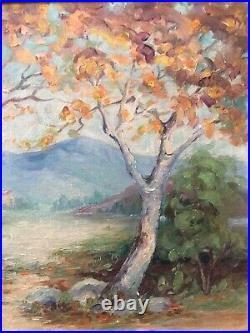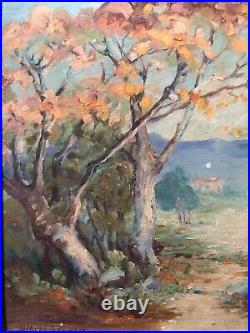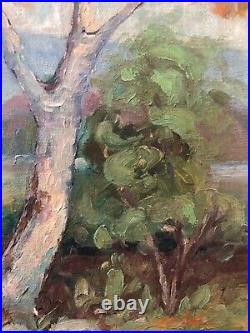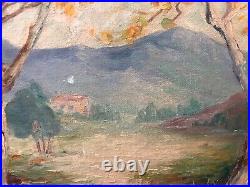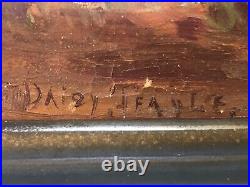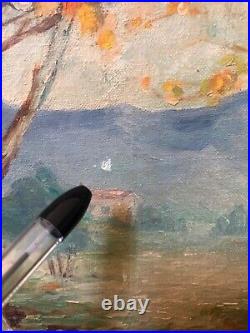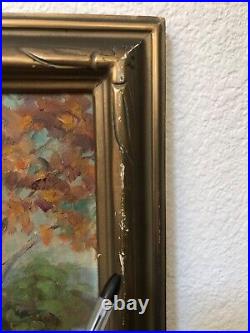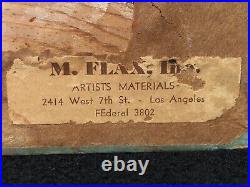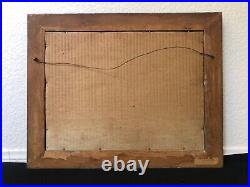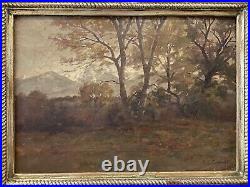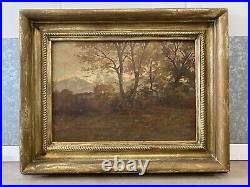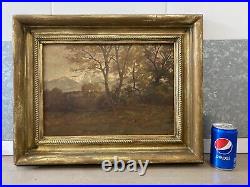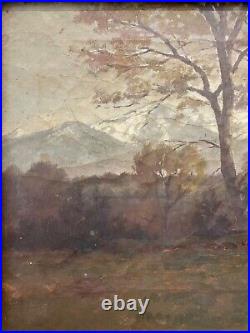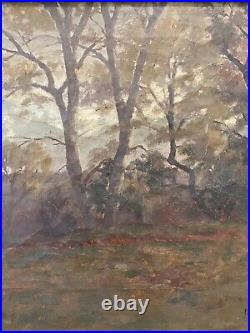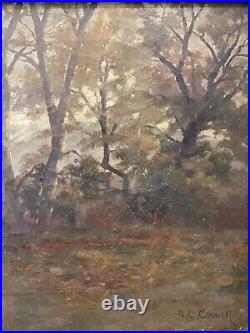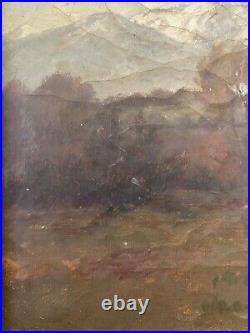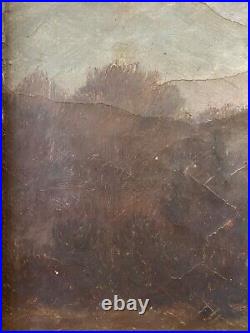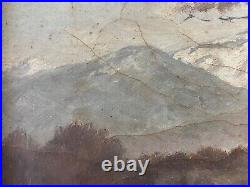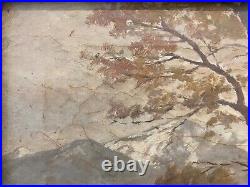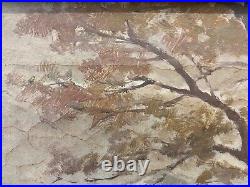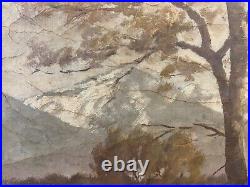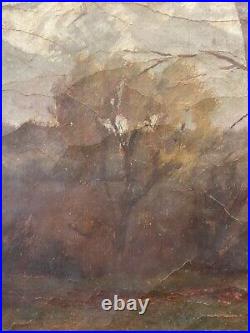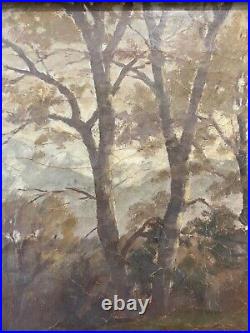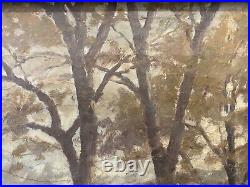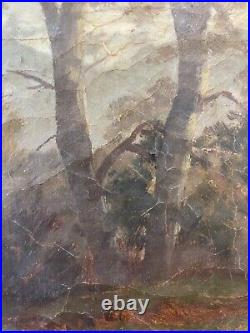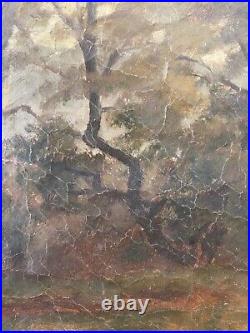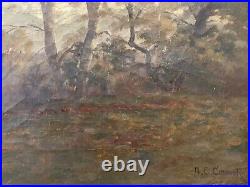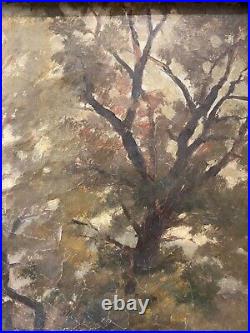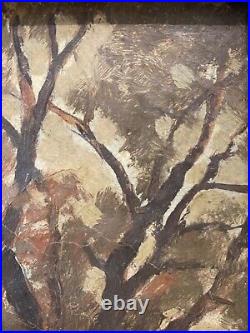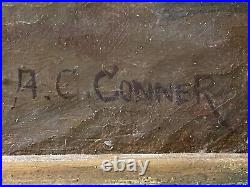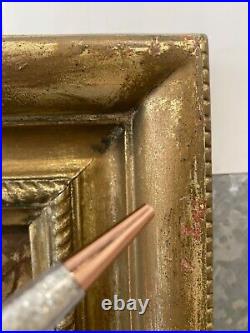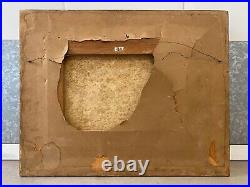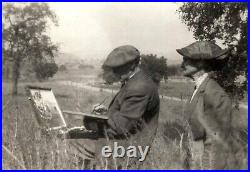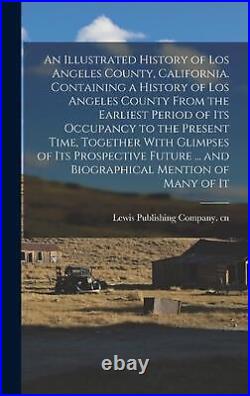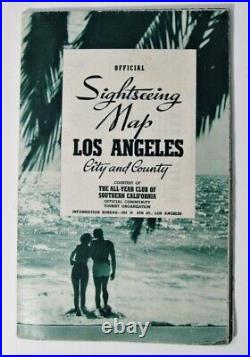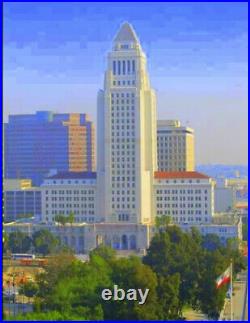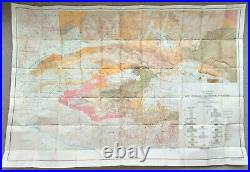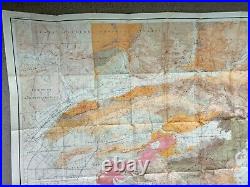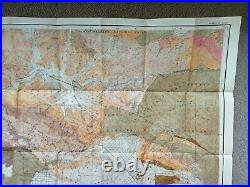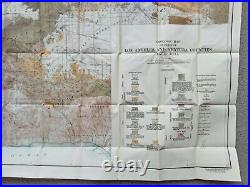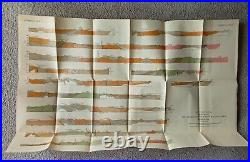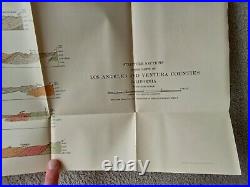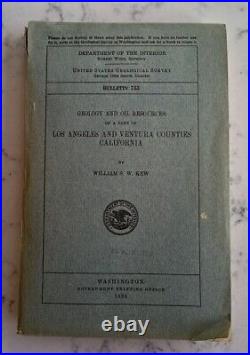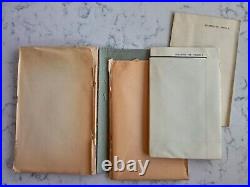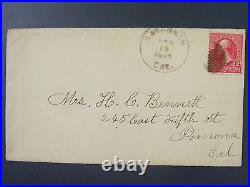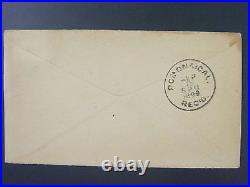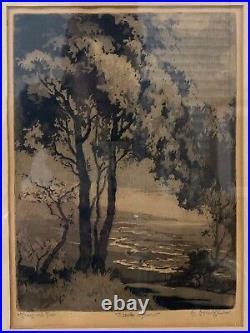
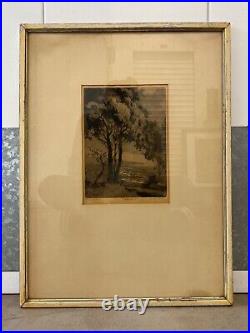
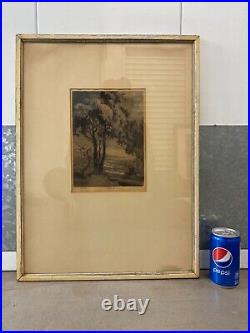
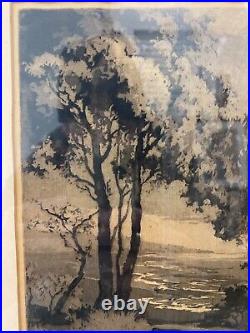
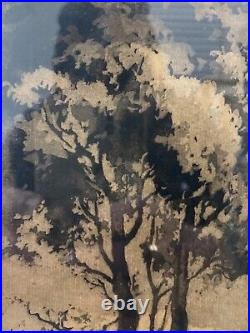
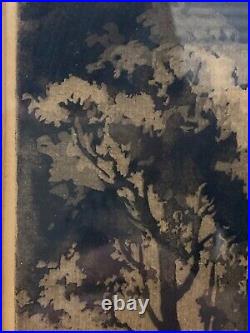
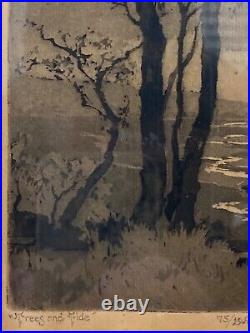
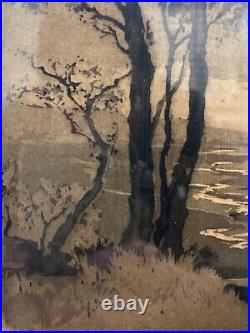
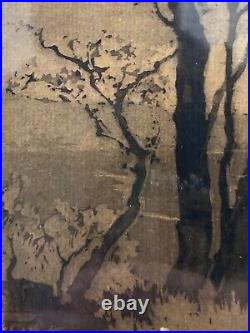
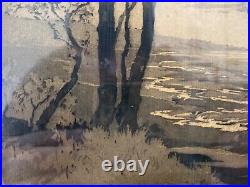
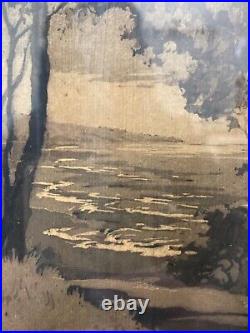
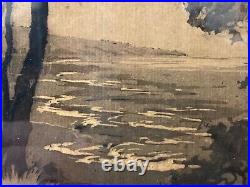
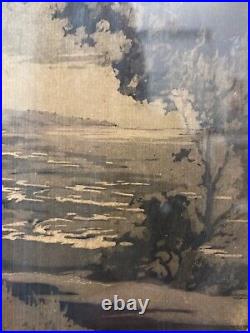
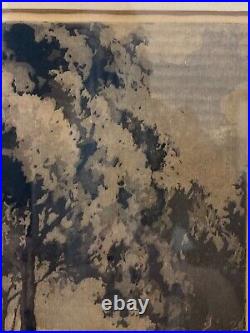
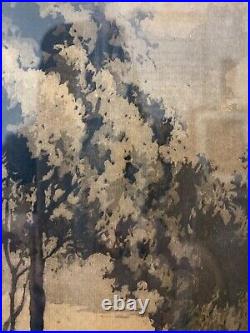
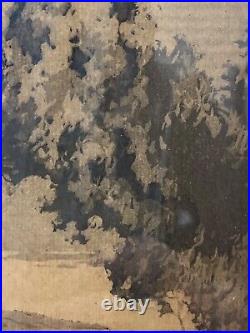
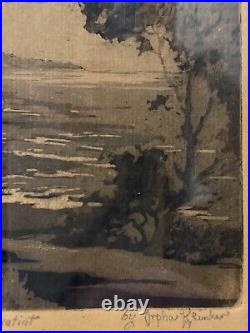
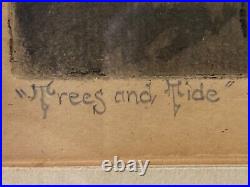
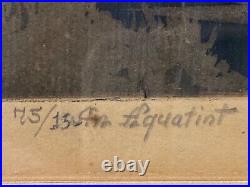
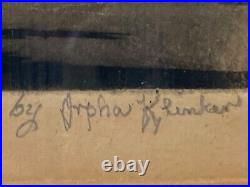

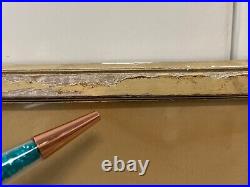

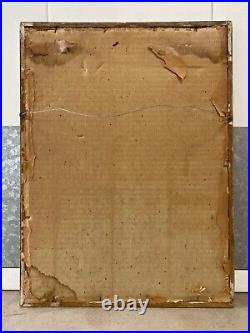

This is a finely detailed and RARE Antique Early California Impressionist Landscape Aquatint Etching on paper, by renowned California Impressionist painter and printmaker, Orpha Mae Klinker 1891 – 1964. This work is titled: “Trees and Tide” in graphite in the lower left corner, and depicts a serene seaside scene, with calm and rollicking sea in the distance, tall trees, and delicately rendered foliage. This piece is signed and annotated in graphite at the lower center edge: “75/150 An Aquatint, ” and signed: by Orpha Klinker at the lower right edge. This artwork likely dates to the late 1920’s – 1930’s. Approximately 15 x 20 inches including frame. Actual visible artwork is approximately 6 1/4 x 8 1/2 inches. Very good condition for age, with some moderate scuffing and paint loss the original period frame, and several spots of light water staining to the corners of the matting please see photos. Acquired from an old estate collection in Los Angeles County, California. If you like what you see, I encourage you to make an Offer. Please check out my other listings for more wonderful and unique artworks! 1891 – Fairfield, Iowa. 1964 – Hollywood Hills, California. Adobe landmarks, desert scenes, portrait painting, illustration. Orpha Klinker Carpenter, Orpha Ooley. Landscape paintings and etchings as well as her portraiture and early California historic sites. She was also an active illustrator and graphic designer. Klinker was recognized for her series of historical and pioneer paintings. She painted a series of portraits of notable Californians and memorialized many historic early California structures on canvas. On October 14, 1963, she was awarded a resolution by the. City Council of Los Angeles. Recognizing her outstanding professional skill and appreciation for the many honors she has brought to the city. Orpha Klinker was born in. On November 20, 1891. The firstborn of five children of. And Lydia Jane Raver. Her given name is a modification of the Biblical name. The family moved to California when she was a child, first to. Chico, and eventually to. Klinker attended school in Los Angeles at. Polytechnic High School, and later studied under noted California. She traveled to Europe with fellow artist Crystal Wood Stephen to do further art studies at the. Académie Colarossi, both in Paris, France. Klinker did commercial illustration work in fashion and furniture design during the 1920s in both Los Angeles and New York. She also created book illustrations and contributed to magazines. Starting in the 1930s, she created more than 100 illustrated historical plate designs for. Company in California, a forerunner in the commemorative plate business. These plates, showing historical features of places throughout the United States, are collectibles. While living in New York City, Klinker created a series of. With children’s characters in the. Style featuring fashionable clothing of the 1920s. The series, The Betty Bobbs Family, featuring Betty Bobbs, Bonnie Bobbs, Bobby Bobbs and Baby Bobbs, was published in. Magazine in 1925, in the January, February, May and July issues. They remain sought-after as paper doll collectibles. Beginning in the 1920s, Klinker’s work focused on fashion illustration for retail stores, furniture firms, magazines and pattern companies. Examples of her fashion work appeared in spreads in the. Feature pages to introduce the new season trends. Using multiple figures in elaborate settings, she illustrated the finest in women’s 1920s to 1930s styles. Her signature appeared in these omnibus drawings. Beginning in 1930, Klinker and her brother Zeno Klinker collaborated to form the Klinker Kraft Kard Company. They created a new line of humorous greeting cards during the Depression, a style they called burlesque cards, that was illustrated by Orpha and written by Zeno. World War II, Klinker created pastel portraits for more than 1000 United States military personnel at various Veterans Hospitals. An exhibition of some of these portraits were widely shown, including a show at the Bowers Museum in Santa Ana, California. In the mid 1930s, some of her work was signed with her married name at the time, Orpha Klinker Carpenter. Klinker died in Los Angeles on May 23, 1964. Orpha Klinker’s natural talent for art even appeared in her kindergarten days. She graduated from Polytechnic High School, L. And later studied at U. Art School and at the Cannon Art School. Artists Paul Lauritz and Anna A. Hills of Laguna Beach, were her first art teachers. She continued her study of art at the Julian and Colarossi Academies in Europe. Some of her earliest work was in designing. Many pages of her fine pen work drawings appeared in Los Angeles newspapers, illustrating the fashions of the day, not only in clothes but in furniture and other things. Then for a time she did her work in New York City and later with the Ladies Home Journal in Philadelphia. One of her first projects with which Orpha impressed the public was a notable series of her large color portraits of California pioneers in the L. TIMES under the heading of Speaking Of Pioneers. This led to another series on landmarks and famous tales of early California including oil paintings of historic adobes, buildings and trees of California. From the Mexican border to Death Valley she roamed, meeting and painting portraits of such characters as Death Valley Scotty, Shoshone Johnny, the ancient Indian who supposedly saw the first white man come to Death Valley, Emanuel A. Speegle, “The Last of the 49’ers” (over 90 years of age) and others. Orpha was active in keeping alive the memory of one historical event in particular, the signing of the Treaty of Cahuenga ending the Mexican War with California in 1847. At the site of the signing in North Hollywood, there is now a large memorial building, The Campo de Cahuenga, containing Orpha’s paintings and oil portraits of the signers, Col. Fremont and Jose Antonio Carrillo. She was vice president of the Campo de Cahuenga Association and was one of the best qualified and most genuinely interested historical painters in California. She is also noted for her oil paintings and portraits. She painted John H. Francis, founder and first principal of Polytechnic High School, L. Miss Mary Foy, first teacher and librarian of Los Angeles High School, and Dr. Joseph Widney, first president of U. And founder of its Medical School. She painted many famous and socially prominent people including Mrs. Bell, founder with her husband of Bel Air, California; Madame Caroline Severance, founder of the first two Women’s Clubs in the United States (the Boston Woman’s Club and the Friday Morning Club in Los Angeles); the famous humorist Will Rogers; the early movie star, Miss Claire Windsor; comedian Edgar Bergen and his daughter Candice; and many others. Orpha was commissioned to paint a very large portrait of one of the earlier mayors of Los Angeles while he was in office, Mayor Frank E. This portrait still hangs in the Los Angeles City Hall. She also did outstanding work as an illustrator, illustrating such books as Artists of the Desert and the Enchanted Pueblo by Ed Ainsworth of the L. TIMES, and many other books. They are now collectors’ items as her beautiful oil paintings and etchings are fast becoming. Early in 1964 she had an exhibit at the Waldorf Astoria in New York and she was honored in 1963 by the Los Angeles City Council with an especially designed scroll and also again after her untimely death in 1964, at which time she was vice president of the California Art Club, an Associate Fellow of the American Institute of Fine Arts and was on the board of The Artists of the Southwest. She had also been president of The Women Painters of the West for three terms. In addition to her achievements in the United States, Orpha Klinker has been honored in France, Belgium, Mexico and India. Her paintings are in the collections of the late Winston Churchill, President Franklin D. Roosevelt, and her scenic and flower oil paintings grace the walls of lovely homes and art galleries all over the Western world. A painter of the California and Southwestern desert, Orpha Klinker had a long list of accomplishments as a Los Angeles artist, and was also a recognized portrait, historical and pioneer genre painter. She was of German and English heritage and was born in Fairfield, Iowa, and then lived briefly on a 360 acre farm near New Sharon. Growing up in that area, she loved the desert country and took an interest in the history and traditions of California. She had early art talent, which was encouraged by her mother. Orpha began her career cutting silhouettes for the May Company in Los Angeles when she was 12 years old, and then went into furniture ad art with her work appearing in many newspaper advertisements. She studied at the U. Art School and Cannon Art School and with Paul Lauritz and Anna Althea Hills, her first private teacher. She also became an art teacher, did silhouettes of movie stars, and created “Betty Bobbs” paper dolls. She attended the Julian and Colarossi Academies in Paris, went to New York and did illustration, and then to Philadelphia where she worked for the Ladies Home Journal. Returning to the West, she pursued through her art her combined interests in the desert and history. Her family became a part of this history, owning the Klinker Building, regarded as the first skyscraper Los Angeles. She did a series of portraits and talks titled “Speaking of Pioneers, ” and her research led her far afield into deserts of California, Utah, and Arizona where she painted the Grand Canyon. One of her portraits was of the last of the “49ers, ” Emanuel Speegle. She also did a series of historical scenes on china plates, now collectors’ items and in 1939 designed the official seal of Los Angeles county. She did etchings of the desert, her chief source of inspiration. She was a member of the California Art Club and the Women Painters of the West. Her studio was in her home atop the Hollywood Hills, and she worked for preservation causes including saving the stone home of Charles Lummis, noted writer and founder of the Southwest Museum. Source: Phil Kovinick and Marion Yoshiki Kovinick, An Encyclopedia of Women Artists of the American West. Born in Fairfield, IA on Nov. 20, 1891, she and other members of the Klinker family moved to San Bernardino, CA when Orpha was a child. After graduating from Polytechnic High School, she studied art at UCLA, Cannon Art School, and continued in Paris at Académies Julian and Colarossi. After a year abroad, she worked in New York and Philadelphia before returning to California in 1925. She was married briefly to Wm Ooley (1921-23) and Cliff Carpenter (1932-36). Working in commercial art until middle age, she then stopped to concentrate on fine art. The subjects of her etchings and paintings include still lifes, portraits, California landmarks, and desert scenes. Honors awarded her are: Academician, American Int’l Academy, Washington, DC; Fellow, Andhra Research University of India (1940); Belgium’s Crois de Commandeur (1941). Member of Nat’l Academy of Mexico (1944); Gold Medal, University of Panama (1945); Member of Society of Fine Arts of Brazil (1948). She exhibited nationally, lectured on early California, and by 1959 had illustrated many books including Enchanted Pueblo. Klinker lived in Hollywood, CA until her death on May 23, 1964. Member: Society of American Graphic Artists; Calif. Society of Etchers; Laguna Beach Art Association; Los Angeles Art Association. California State Fair, 1930; Women Painters of the West, 1934-44; Friday Morning Club (LA), 1934; USC, 1935; Calif. Pacific Int’l Expo (San Diego), 1935; LA City Hall, 1935, 1938 (solos); Calif. Art Club, 1936; Ebell Salon (LA), 1937, 1955; Chamber of Commerce (Santa Paula), 1938; GGIE, 1939; Southwest Museum (LA), 1940 (solo); SWA, 1944; Artists of the Southwest (LA), 1948. In: City Hall (LA); Polytechnic High School (LA); MM. Who’s Who in California. Artists of the American West. Women Artists of the American West. (Nancy Moure); Los Angeles Times, 5-25-1964 (obituary).

